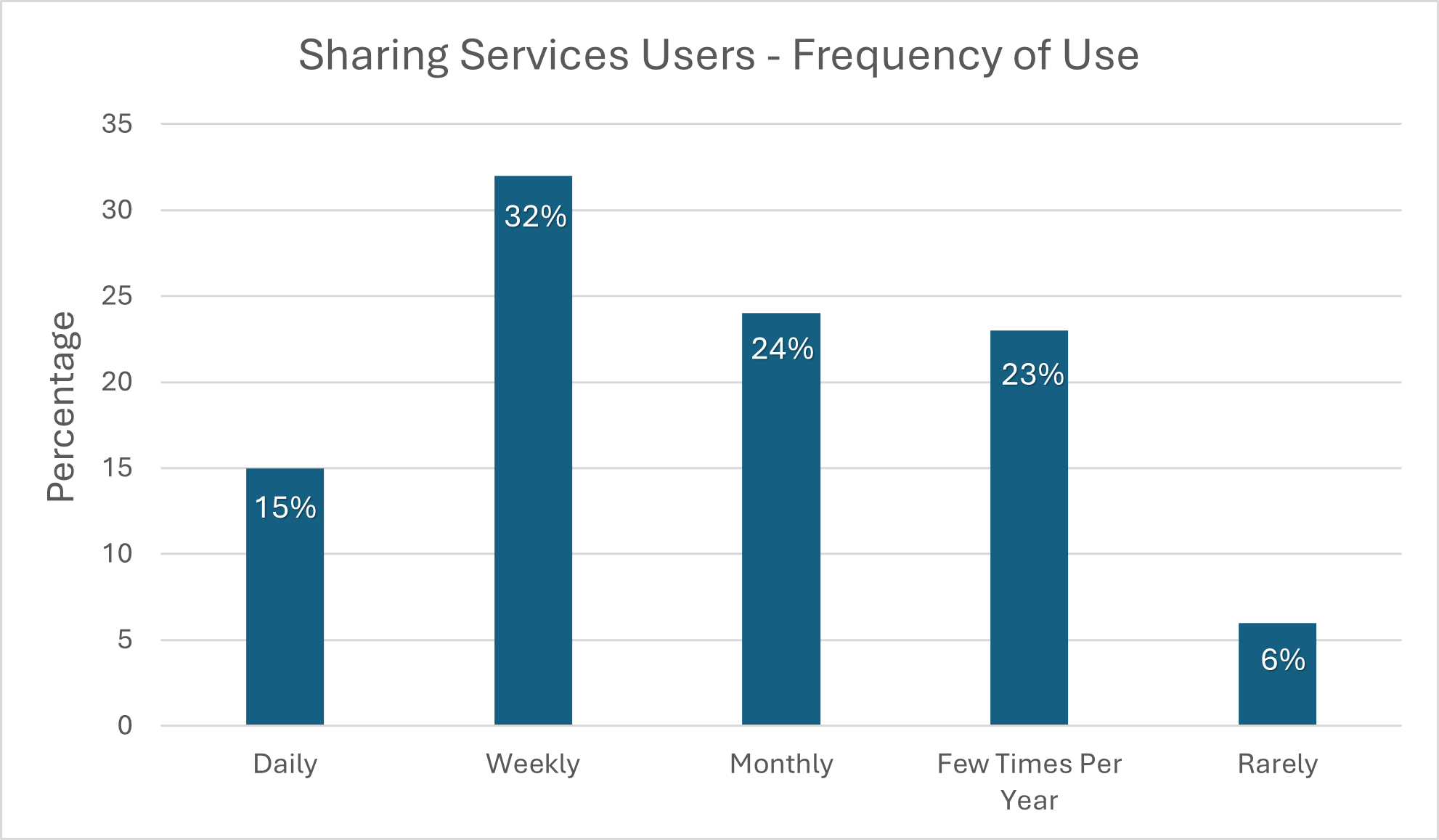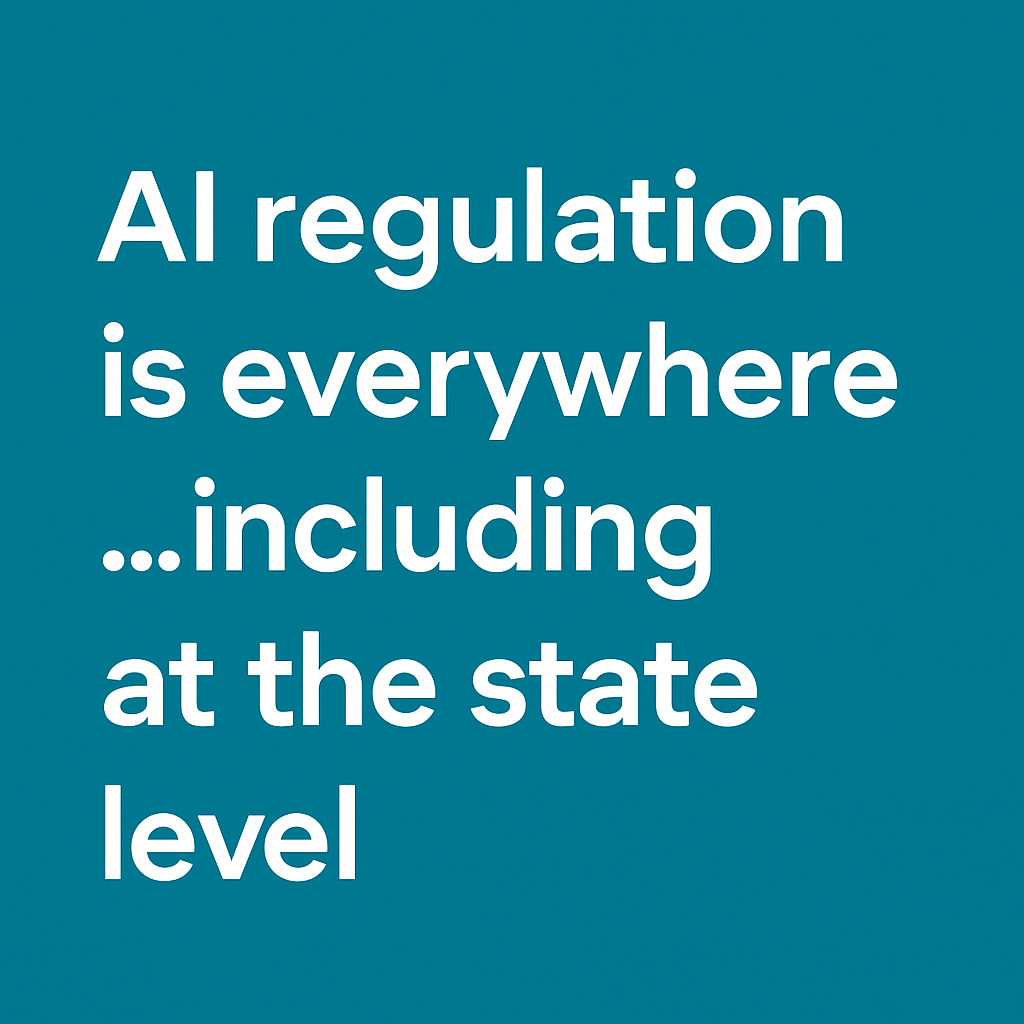The sharing economy has significantly changed consumer behavior. From booking a vacation rental to ordering food delivery, consumers are connecting with more service providers with a few simple taps on a mobile app. However, as digital transactions become the norm, ensuring safety, trust, and reliability is critical. As data from a recent consumer survey suggest, continuous, real-time monitoring may help sharing-services providers build consumer confidence and drive business growth.
Consumers are using sharing services more frequently
Consumers are increasingly turning to gig- and sharing-economy services for everyday needs, with delivery services leading the way. On behalf of Saifr, research firm MarketSight surveyed 1,000 consumers and found that 77% of users engaged with delivery platforms in the past 12 months, 56% used home-sharing services, and 29% relied on task-management services.

The frequency with which consumers are using these services is notable. Nearly half use these services weekly or daily, showing a strong dependency on the sharing economy. However, 43% of our surveyed consumers do not engage with these platforms at all, often citing concerns over safety and trust. Addressing these concerns through better monitoring practices may present an opportunity for service providers to expand their market reach.
Consumers are in the dark about contractor onboarding and monitoring
Despite the widespread use of sharing services, many consumers remain unaware of the onboarding and monitoring processes for contractors providing the service (e.g., the delivery person, home renter, or tradesperson). The survey revealed that 54% of users and 79% of non-users were unaware that many platforms’ onboarding process may only conduct an initial background check and then only re-check contractors annually.
This limited vetting process raises red flags for both users and non-users, particularly in high-trust scenarios like home-sharing or in-home service tasks. There is no guarantee that a contractor who passed screenings as part of an initial onboarding process will not have a potential issue or problematic behavior months or years later. As a result, a lack of ongoing monitoring could leave consumers vulnerable to potential risks, from fraud to personal safety threats.
Further reinforcing these concerns, only 62% of current users “completely trust” or “somewhat trust” the contractor vetting process, while 22% of non-users explicitly stated they do not trust it at all. This skepticism suggests that inadequate contractor monitoring could be a major deterrent preventing wider adoption of sharing services.
Continuous, real-time monitoring may give consumers more confidence in sharing-service providers
The survey respondents are clear: Safety matters. While consumers cite cost as the most significant factor when choosing a shared service, trust and security are crucial when deciding to continue using a platform.
The survey found that 44% of users and 56% of non-users believe gig-economy companies should implement continuous monitoring of their contractors. Furthermore, 58% of current users said they would use these services more frequently if they knew providers were using real-time monitoring at little or no additional cost to what they are already paying for the service. Even among non-users, 29% expressed that continuous monitoring could encourage them to engage with sharing-economy services.
|
58% |
Breaking the data down further by demographic, millennials, the largest users of gig-economy services, showed strong interest in continuous monitoring, with 52% stating they would use sharing services more if such measures were in place. Interestingly, 53% of baby boomers who currently do not use sharing services said they would be more likely to participate in the sharing economy if they felt reassured by better monitoring.
Ultimately, monitoring is an opportunity to build trust
The sharing economy thrives in part on trust. Continuous, real-time monitoring of contractors presents a crucial opportunity for gig-economy businesses to address consumer concerns and build consumer trust in several ways:
- Reducing Fraud and Liability Risks: Fraudulent contractors and bad actors can cause financial losses, reputational damage, and legal challenges for platforms. Ongoing monitoring can help flag potentially suspicious behavior early, enabling the business to further investigate and mitigate these risks.
- Enhancing Consumer Trust and Loyalty: Trust is a critical factor in consumer decision-making. Continuous monitoring can reassure customers that businesses are taking enhanced measures to help ensure service providers remain trustworthy, increasing their likelihood of repeat use.
- Encouraging New Consumers to Join: Non-users cite safety concerns as a key reason for avoiding sharing-economy platforms. By improving processes that help address these concerns proactively, businesses can attract hesitant consumers who might otherwise opt out.
- Differentiating from Competitors: In a crowded market, providers that prioritize security through advanced continuous monitoring can stand out from competitors relying on outdated or minimal monitoring processes.
In the past, providers would have hired a large staff to undertake the type of continual monitoring that help build consumer trust. Today, sharing-service providers can take advantage of AI and automation tools to help perform some of these tasks more accurately and efficiently. AI-driven monitoring systems like SaifrScreen can scan adverse media globally and continuously to detect possible risks in contractor behavior, flagging potential threats in real time for further investigation. This scalable approach can help businesses maintain security without sacrificing efficiency.
As sharing-economy services continue to grow in popularity, service providers should pay attention to the responses from this cohort of consumers. While cost and convenience are key drivers of adoption, consumers are also weighing the safety and reliability of the services delivered. By implementing real-time contractor monitoring, sharing-economy providers may help minimize risk and differentiate their business by establishing a reputation as a trustworthy brand.
For more insights and details, get your copy of How trust drives the sharing economy: Our new survey confirms safety sells.
Published May 5, 2025
Saifr's products and services include tools to help users identify potential leads for further investigation. Saifr is not a consumer reporting agency as defined under the Fair Credit Reporting Act (FCRA), and Saifr's products and services may not be used to serve as a factor in establishing an individual’s eligibility for credit, insurance, employment, benefit, tenancy, or any other permissible purpose under the FCRA. Saifr's products and services do not include and are not permitted to be used for background checks. Saifr's products and services are not intended to replace the user’s legal, compliance, business, or other functions, or to satisfy any legal or regulatory obligations. All compliance responsibilities remain solely those of the user.
1195107.1.0




-1.png)

